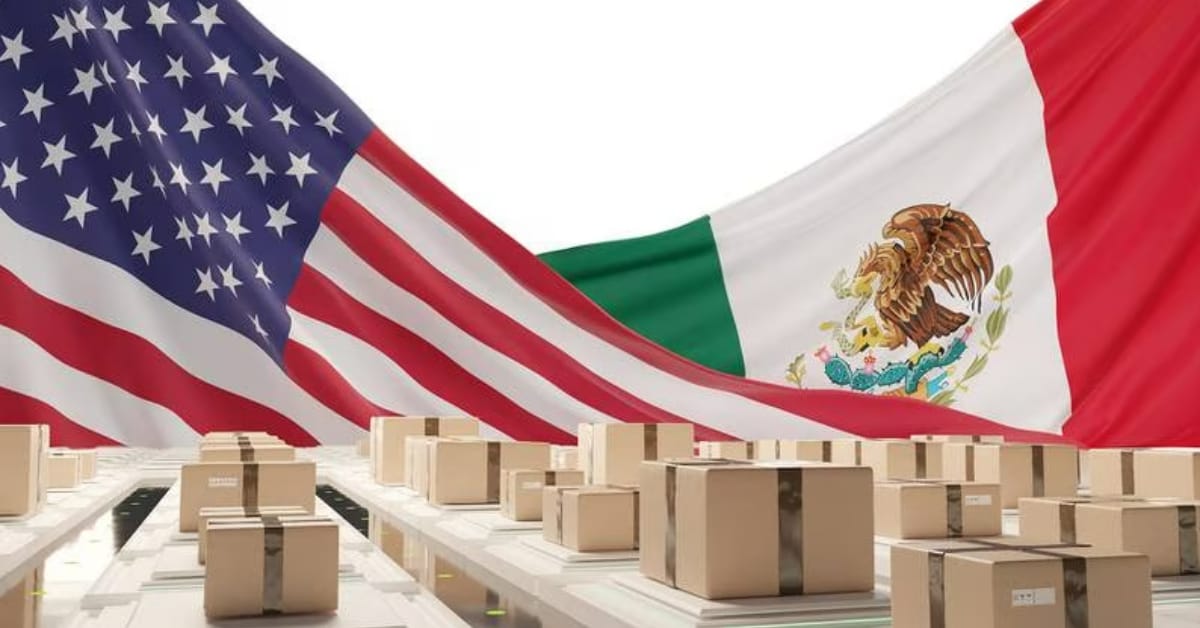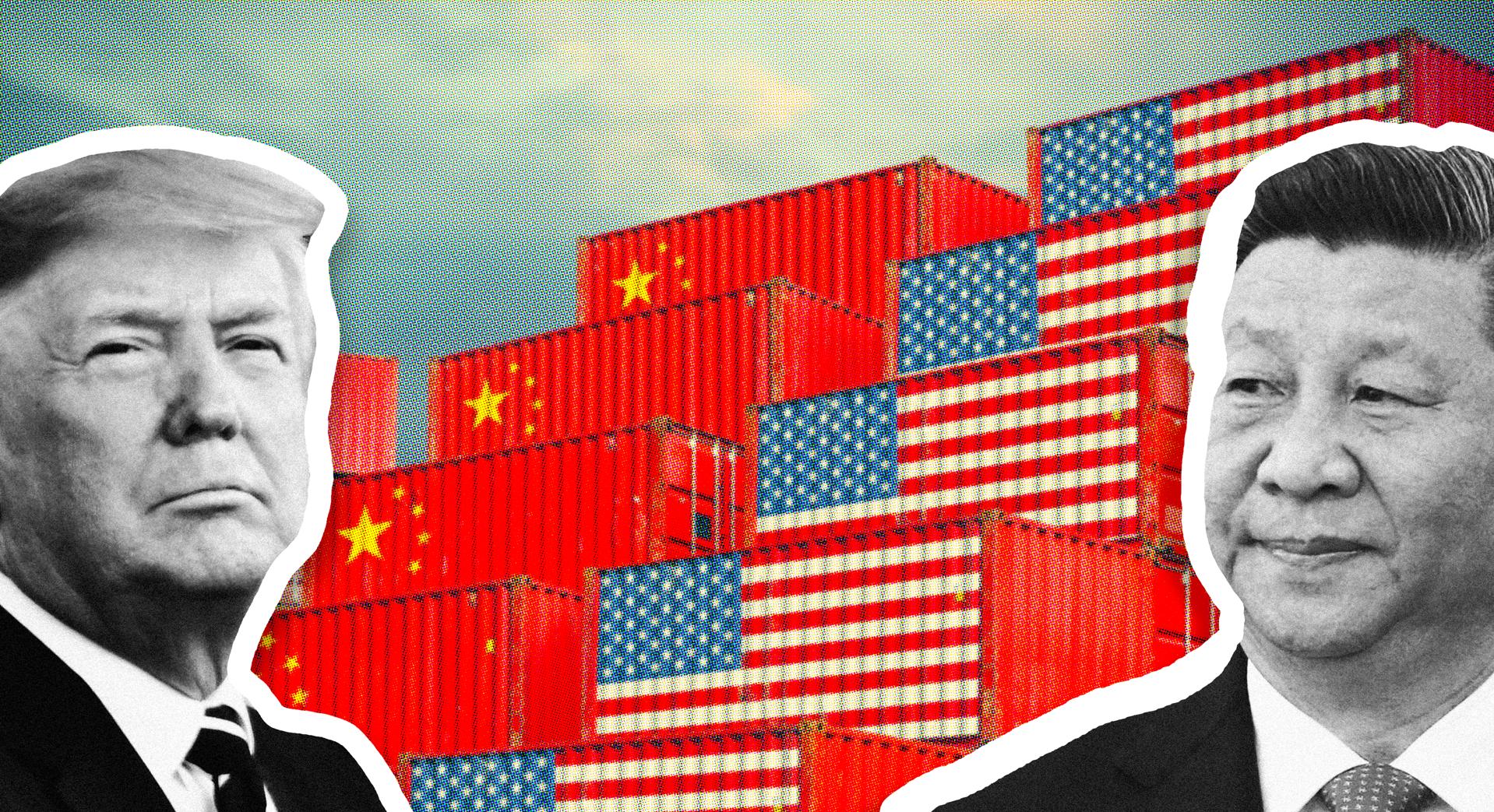The United States is facing a growing rebellion in its own backyard. Since February, Washington has wielded the tariff stick against several Latin American nations, attempting to strong-arm concessions on immigration and unilaterally imposing so-called “reciprocal tariffs.” Frankly, it’s a display of economic intimidation that’s not going down well.

The recent CELAC summit in Honduras was a platform for unified condemnation. Leaders across the region blasted the U.S.’s tariff actions as a blatant violation of multilateral principles and a direct assault on global economic order. This isn’t just about trade; it’s about sovereignty.
Analysts are rightly pointing out the sheer hypocrisy. The U.S. isn’t just bending the rules, it’s shattering them – inflicting economic damage on countries across the Americas, and indeed, the world. It’s a stark reminder of a classic power play: imposing one’s will on others through economic coercion.
Digging Deeper: The Perils of Unilateralism
Unilateral tariffs, imposed by a single nation without international consensus, disrupt established trade flows. They create uncertainty and can escalate into trade wars. This directly harms businesses and consumers.
These actions often aim to address specific domestic concerns, such as trade deficits or job losses. However, the unintended consequences – retaliatory tariffs and economic slowdown – typically outweigh the benefits.
Furthermore, unilateralism undermines the foundations of the World Trade Organization (WTO) and the broader multilateral trading system. It signals a disregard for international agreements and dispute resolution mechanisms.
Ultimately, a rules-based international order benefits everyone, including the United States. This isn’t about being ‘anti-American,’ it’s about recognizing that mutual respect and collaboration are critical for global economic prosperity. The U.S. needs a serious reality check.





